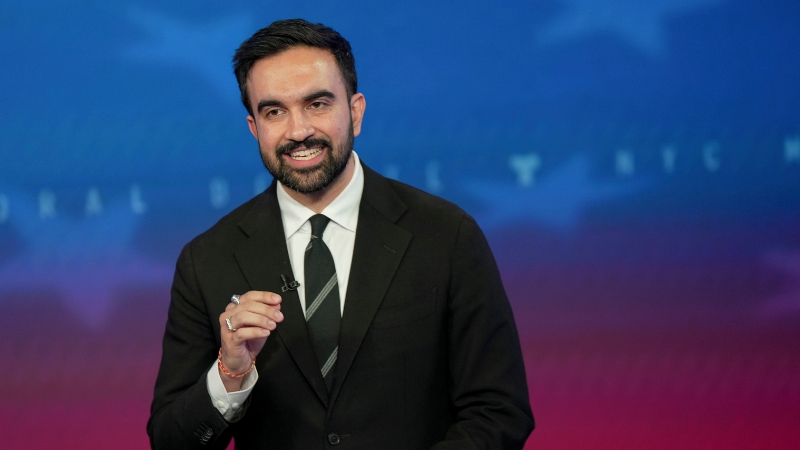The green agenda cannot occur at scale without carbon taxes imposed on a global level, claimed Saudi Arabia’s Finance Minister Mohammed Al-Jadaan.
During a panel discussion at the World Economic Forum’s annual Davos summit on Friday, Al-Jadaan argued that carbon taxes are the only way to generate the revenue necessary to reach the UN’s Sustainable Development goals.
“There is no realistic solution to the climate transition that does not involve a globally coordinated system of carbon taxes,” he said.
Ready for more potential taxes?
“There is no realistic solution to the climate transition that does not involve a globally coordinated system of carbon taxes.”https://t.co/cc7736ok1r pic.twitter.com/Ap7entnq9R
— Rebel News (@RebelNewsOnline) January 20, 2024
Al-Jadaan dismissed critics who claim global carbon taxes are unfair and inflationary, arguing that “vulnerable communities” will suffer from “climate change” the most if they’re not enacted.
“There’s a perception that it’s unjust, it’s unfair, it’ll lead to inflation. In fact, quite the contrary. If we don’t do this, the countries that will suffer most ultimately are the developing countries. They’re going to be the worst affected by climate change,” he said.
Al-Jadaan then insisted that taxpayers in developed countries subsidize funding for third world nations so they can pursue their own climate goals.
“What we need is a system of carbon taxes coupled with subsidies for developing households and a stream of funding for the developing world. to allow them to engage in investments and mitigations and adaption that allows them to keep growing. And that’s a real opportunity,” he explained.
“It’s a fair solution and it’s the only realistic solution, and we can’t keep ducking it,” he added.
Joe Biden has committed the US to adhere to the UN’s climate goals of reducing carbon emissions by at least 50% by 2030.
Congress this week also took a step toward passing an “inflationary” carbon tax after a Senate committee voted to propose a study aimed at calculating the carbon emissions of a range of products made in the U.S. and elsewhere.
“On Jan. 18, the Senate Environment and Public Works Committee voted to send a proposed law to the full Senate that would require the federal government to conduct a study calculating the carbon emissions of a broad range of different products made in America and other countries. These include construction materials, plastics, and fertilizers—all vital to small businesses and corporations that power the economy,” the Daily Signal reported Friday.
Watch the full panel discussion:



